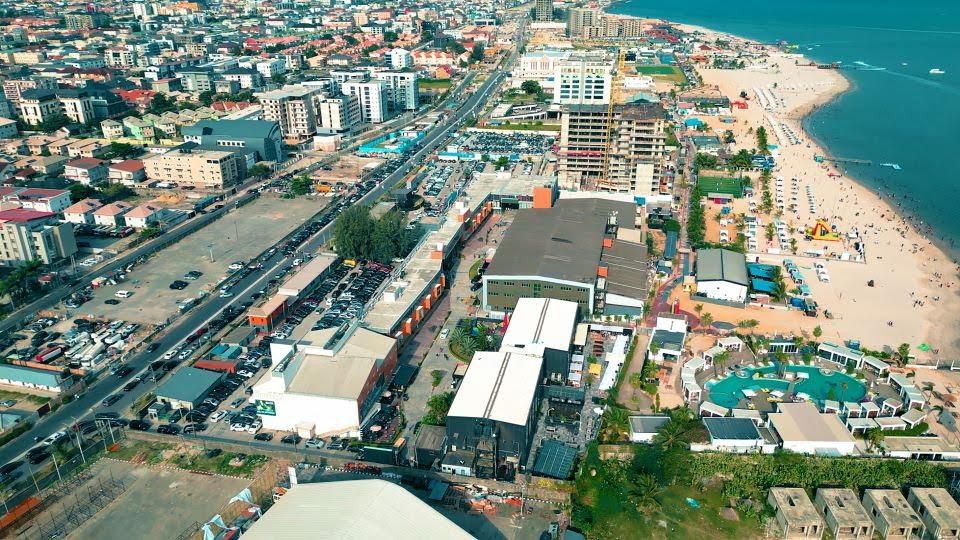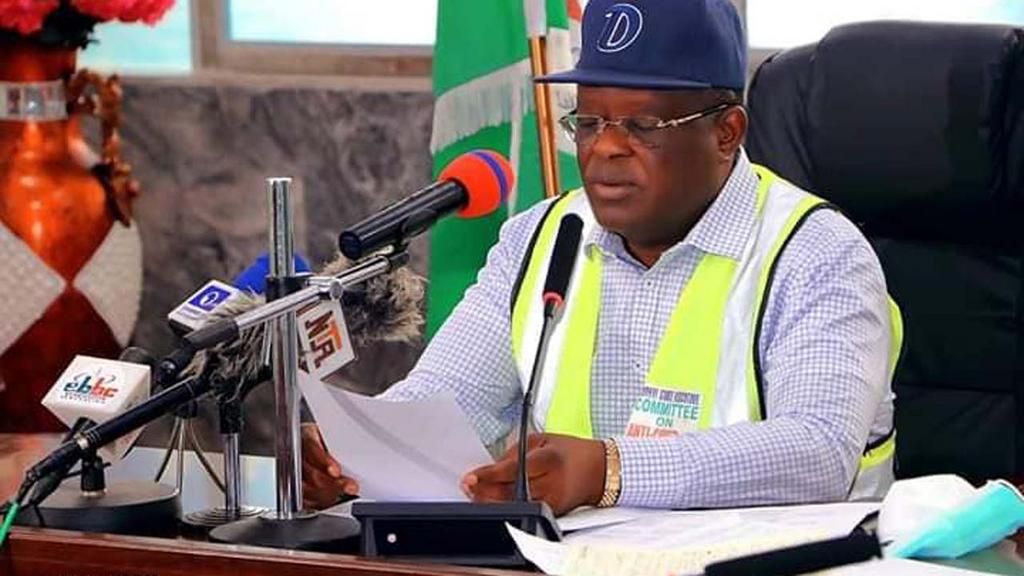Why’s coastal road project not starting from Calabar? — MKO’s daughter has an answer
)
Amid the controversy surrounding the construction of the Lagos-Calabar coastal highway project, many Nigerians have been asking one question they consider important. Why is the project starting from Lagos?
This question pops up every time Nigerians take to social media to discuss the controversial demolition of properties along the coastal line to clear ways for the project.
The popular and social media arguments about the starting point of the project favour Calabar because it is believed that the FG would not have to demolish structures to begin the project.
Already, the FG has destroyed many structures standing on the project’s right of way including some parts of the popular Landmark Beach in the Oniru area of Lagos.

The destruction of this tourism centre, which affects many people’s livelihoods, tends to amplify the question of why the FG refused to start the project from Calabar where, by assumption, people would not have to lose their jobs and properties for the construction of the infrastructure.
While this question remains unanswered even by the Federal Government and the Minister of Works, David Umahi, who supervises the project, Hafsat Abiola-Costello, a daughter of the presumed winner of the 1993 presidential election, Moshood Abiola, has provided what many Nigerians, who support the project may consider a sufficient answer.
According to her, the government may have decided to start the project from Lagos because of the high volume of traffic in the area. This she opined would encourage the tolling of the road as planned and speed up return on investment since the project is expected to be funded and executed under a public-private arrangement.
“Apparently, it’s because the volume of traffic is expected to be highest from Lagos, so the tolls will bring in the most money there, hence the decision to begin where the road will be most profitable,” she submitted.
However, Abiola admitted that the controversial demolition of properties may deter investors.
“Unfortunately, the destruction has sent a negative signal to potential investors,” she said.
Meanwhile, the Federal Government has started paying compensations to property owners affected by the construction of the 700km highway project.
On Wednesday, May 1, the government disbursed ₦2.75 billion for the first phase of the compensation payouts.
Umahi also announced that all tenants affected by the demolition at Landmark would receive compensation by the end of the day.

“All tenants within the Landmark premises have been shortlisted for payments by 2 pm today. That closes the politics of Landmark,” the minister said.
Corroborating this, the Chairman of the Lagos-Calabar Coastal Highway compensation committee, Korede Keisha said the compensation “will be done in phases.”
She listed Moist Beach, Checkmate, Kingfisher, G12 Beach, Xchange Lounge, Kingston, Landmark Kids Club by Maxtivity, FX Lounge and Bar, and Best Rock as the beneficiaries of the first phase of the compensation.
Designed to connect nine states, the Lagos-Calabar project will pass through the Lekki Deep Seaport in Lagos, Ogun, Ondo, Delta, Bayelsa, Cross River, Rivers, Edo, and Akwa-Ibom.
According to Umahi, the construction of each kilometre of the coastal highway will cost ₦4 billion.
)
![Aisha blows hot on Security forces; Y7ou won't believe what she said [VIDEO]](https://image.api.sportal365.com/process/smp-images-production/pulse.ng/17082024/1f976edf-1ee2-4644-8ba1-7b52359e1a8f?operations=autocrop(640:427))
)
)
)
![Lagos state Governor, Babajide Sanwo-Olu visited the Infectious Disease Hospital in Yaba where the Coronavirus index patient is being managed. [Twitter/@jidesanwoolu]](https://image.api.sportal365.com/process/smp-images-production/pulse.ng/16082024/377b73a6-190e-4c77-b687-ca4cb1ee7489?operations=autocrop(236:157))
)
)
)
)
)
)
)
)
![2026 Golden Globes: Teyana Taylor, Timothee Chalamet and the biggest winners [FULL LIST]](https://sportal365images.com/process/smp-images-production/pulse.ng/12012026/002666db-358d-4deb-9510-84cdb274ffda.png?operations=autocrop(112:112))
)
)